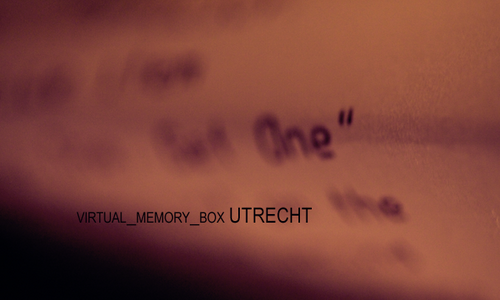Improv Notes: August 2011
 IMprov Notes: News of the Moment August 2011 Nuit Blanche
Saturday, September 10 Nuit Blanche proudly returns for its second year with an all new, all-night line up.  The streets of downtown Guelph will once again be teeming with creative energy, as the Guelph Jazz Festival’s Nuit Blanche is poised to make its triumphant return! The inaugural event was an unbridled success with over 60 additional performances to the Festival’s 2010 artistic program. With the generous support of Celebrate Ontario and the Ontario Trillium Foundation, the all-night venture has been propelled into an annual undertaking. On Saturday September 10th, from dusk until dawn, downtown Guelph and the surrounding area will be transformed into a surreal performative and artistic space. Showcasing a diverse and eclectic program, which spans multiple mediums and genres, including film, dance, music, installations, and everything in between, this year's event is sure to surprise, entertain and surely inspire. The best part is that most of Nuit Blanche is free, so make sure to check out what is surely one of Canada's most exiciting all-night musical festivities featuring all sorts of multi-media interventions with jazz and improvisation at their core. BE SURE TO PICK UP YOUR NUIT BLANCHE BROCHURE AND BEGIN MAPPING OUT YOUR NIGHT! Check out this year's exciting all-night lineup. New to the research collection Improvising Virtual Memory Boxes  “Improvising Virtual Memory Boxes” was a research project co-ordinated by a team of researchers from the Improvisation, Community, and Social Practice (ICASP) research project in Guelph, Canada, working with researchers from the Queensland University of Technology in Brisbane, Australia. It was designed and facilitated by Rebecca Caines, John Campbell and Nicholas Loess, all from ICASP, and QUT researcher Bree Hadley. The project aimed to explore the relationship between memory, improvisation, and technology. Researchers were interested in how memories can be collectively created, improvised, and archived, and how humans and technology interact in the process of memory creation and preservation. The project took place in two cities, Guelph, Ontario, and Utrecht, the Netherlands in 2011. “Down at the crossroads, where poetry and music meet, strange things are happening every day" -Aldon Nielsen “i cover the hands of Duke who like Satchmo / like Nat (King) Cole will never die/ because love they say/ never dies” –Jayne Cortez Don't miss this year's incredible Colloquium:
The Guelph Jazz Festival Colloquium is one of the few events in North America to combine a scholarly colloquium with a music festival. Co-presented with the Improvisation, Community, and Social Practice research project (ICASP), the colloquium offers a stimulating mix of panels and keynote addresses by top scholars along with eclectic workshops and concerts featuring Festival artists.
Keynote speaker Jayne Cortez will deliver her address entitled “Find Your Own Voice and Use It.” Aldon Lynn Nielsen will deliver his keynote speech entitled “Meeting over Yonder”: Parker, Baraka, Mayfield. Both promise to be exciting, dynamic and informative presentations. Further, Kevin McNeilly will be reading from his new book of poetry, Embouchure, with an improvised musical accompaniment. On Friday, September 9th, Daniel Fischlin (School of English and Theatre Studies, Guelph) will be conducting an onstage interview with Henry Threadgill. Improv Notes was initially distributed in 2008 as a quarterly newsletter. The ICASP team is happy to announce that the newsletter is back in action and will be distributed once a month. If you have anything improvisation related that you would like to have included in the newsletter, please send an email to: icaspweb@uoguelph.ca About ICASP
The international Improvisation, Community, and Social Practice research project explores musical improvisation as a model for social change. The project plays a leading role in defining a new field of interdisciplinary research to shape political, cultural, and ethical dialogue and action.
Follow us on our facebook page |
|

